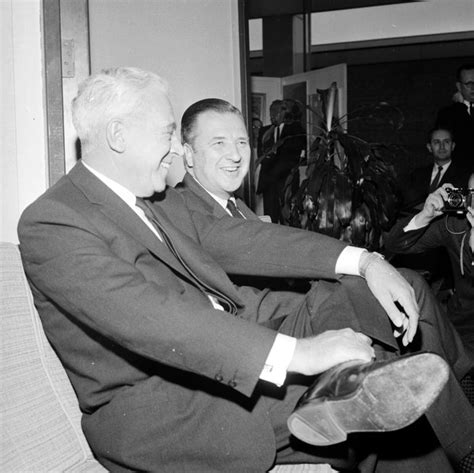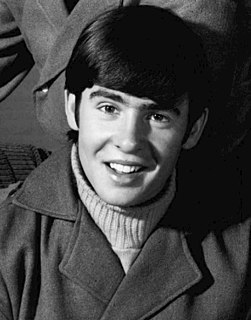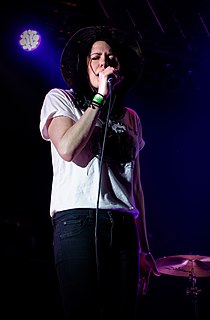A Quote by Ben Katchor
You know how misleading an image is. You see an image in the newspaper, if they left the caption off, good luck knowing what's going on. There is something inherently misleading about images, so they need annotation.
Related Quotes
The image can only be studied through the image, by dreaming images as they gather in reverie. It is a non-sense to claim to study imagination objectively since one really receives the image only if he admires it. Already in comparing one image to another, one runs the risk of losing participation in its individuality.
Some people say they use images to help them remember intricacies. Others say they just remember. If they are able to form an image of the face, it is because they remember how it was: it is not that an image guides memory, but that memory produces an image, or the sense of imaging. We have no agreed way to talk clearly about such things.
I could Google image search 'the sky' and I would probably see beautiful images to knock my socks off. But I can't Google, you know, 'What does my friend look like today?' For you to be able to take a picture of yourself that you feel good enough about to share with the world - I think that's a great thing.
People have a good image of me. It's not these tramps who are going to tarnish my image. They should stop lying to the French people. It annoys me that people talk about 'your image'. My image is great in France. When I'm abroad, I don't even talk about it. But in France it's just these people, these parasites.
I often think about how my sons will come to know about September 11th. Something overheard? A newspaper image? In school? I would prefer that they learn about it from my wife and me, in a deliberate and safe way. But it's hard to imagine ever feeling ready to broach the subject without some impetus.
All images generated by imaging technology are viewed in a walled-off location not visible to the public. The officer assisting the passenger never sees the image, and the officer viewing the image never interacts with the passenger. The imaging technology that we use cannot store, export, print or transmit images.



































